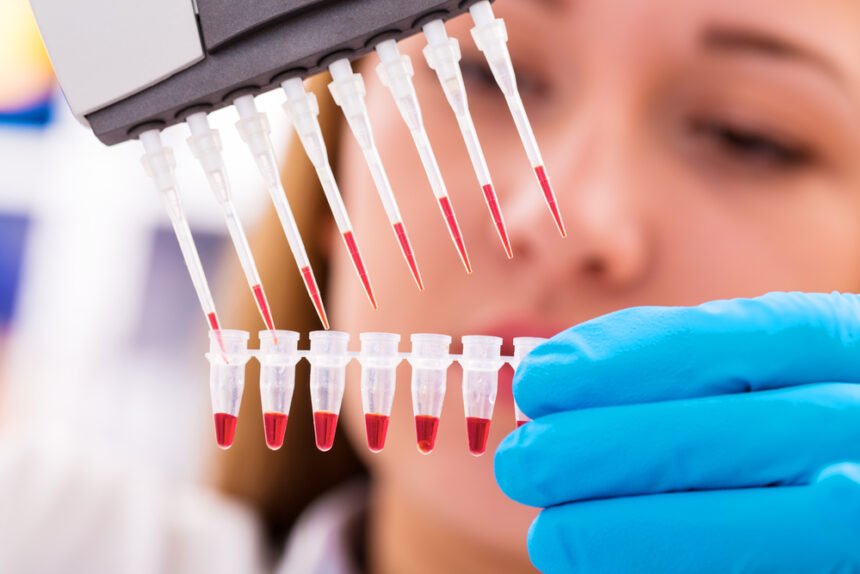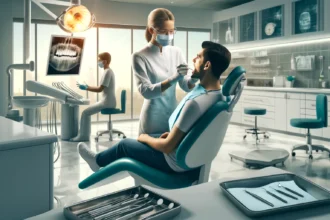You may have seen stem cell therapy making the headlines in recent years. Stem cell therapy is often called a ‘miracle’ treatment for many types of conditions. It has become more popular since former President George Bush first opposed it wholeheartedly back in 2001.
There’s a significant amount of encouraging evidence for stem cell administration, but you must know the facts before believing everything you see about this exciting new treatment. Stem cell therapy is used to repair cells that have become damaged, making it useful for several injuries and conditions from severe injuries sustained from accidents, to autoimmune diseases, and more.
Stem cell therapy isn’t necessarily a cure for all of these issues. It rather gives the body the material it needs to heal itself and mitigate some of the symptoms that come with severe medical issues to increase the quality of life.
What are stem cells?
Stem cells are cells that, when administered, can become any other cell in the body, making them unique and potentially useful. They come from a few different places, including tissue from the umbilical cord, bone marrow, placental tissue, and adipose tissue.
How do you administer stem cells?
Depending on the patient’s condition, there are a few ways that stem cells can be administered into the body, from intravenous (IV) administration, to injections into specific places in the body that are causing pain such as the shoulder or knee, or even directly into the spine. When you go to a medical consultant specializing in stem cell treatment such as Charlotte stem cell therapy, you’ll receive a full consultation. The most beneficial administration method will be explained to you, depending on what injury or condition you’re suffering from.
Stem cells and inflammation
One of the most promising methods of using stem cells is to reduce inflammation in the body. When administered into the body, stem cells intrinsically seek out inflammation in the body, and are then able to regenerate damaged tissue and calm the immune system to, in turn, reduce pain and symptoms. Mesenchymal stem cells can change the way cells in the body react with direct contact, replacing damaged cells with healthy ones, and causing tissue regeneration. The ability to heal damaged cells makes stem cells such a promising treatment for injuries causing inflammation, or diseases like Crohn’s that cause chronic inflammation in the body. They can even be used to treat wrinkles.
Can stem cells be rejected?
When you receive cells from another person, there’s a chance that it can be rejected, which is often what makes organ transplants so tricky – if the body doesn’t recognize the cells, they will immediately attack it. This isn’t the case for mesenchymal stem cells that have been harvested from cord tissue, though. As mentioned, stem cells are brand-new cells that haven’t taken on any form yet, meaning that as soon as the cells enter the body, they will become identical to the cells that are in the new host. Therefore, the body won’t be able to differentiate between cells occurring in the body naturally and stem cells that are administered.
Stem Cells Will Be Valuable for Many Treatments but There is a Way to Go Still
We are seeing a lot of promising results with stem cell research. They can be used to treat a number of different types of problems. However, we still need to make some breakthroughs with stem cell technology before we can see these results in the future.








